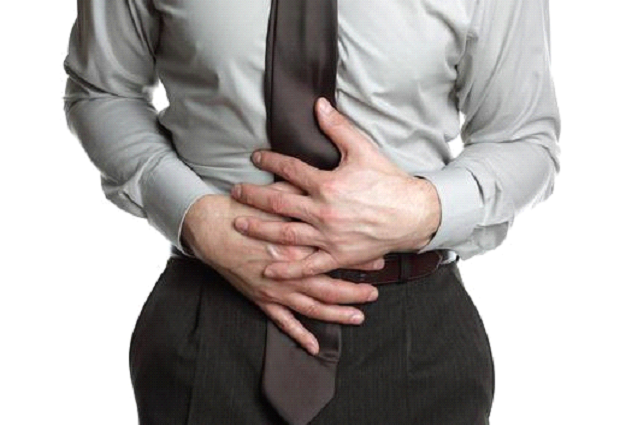Listeria Infection Symptoms, Causes, Diagnosis and Treatment

What Is Listeria Infection?
Listeria monocytogenes are a type of bacteria usually present in water and soil. It can also be present in certain raw and processed food products. Moreover, studies have shown that products made out of unpasteurized milk also tend to have Listeria monocytogenes very often. When this bacteria enters the body, a person is likely to suffer from a foodborne illness i.e. illness caused due to the consumption of contaminated food. This is known as the Listeria infection. It could be very dangerous for pregnant women since Listeria infection is, at times, fatal for unborn babies. Listeria can even survive and grow in cold temperatures of refrigerators.
What Are The Symptoms Of Listeria Infection?
Soon after the consumption of contaminated food, a victim of Listeria infection may suffer from one or more of the following:
However, the infection might spread to the nervous system and the following symptoms might show up:
- Difficulty in neck movement
- Confusion
- Altered alertness
- Abnormal contraction of muscles.
While these symptoms are common, pregnant women tend to suffer headaches and vomiting. On the other hand, unborn babies might cease to exist or may suffer from sever infection during the first few days of their birth.
How Is Listeria Infection Caused?
Consumption of the following could lead to Listeria infection:
- Infected animal meat.
- Selected processed food items like hot dogs and soft cheese. They might get contaminated after being processed.
- Products made up of unpasteurized milk.
- Since Listeria is found in soil, raw vegetables can also lead to Listeria infection.
Babies not yet born get Listeria infection through mothers who might eat something contaminated. People with weak immune system are also at a high risk of suffering from Listeria infection. Weak immune system is usually found in people who: - Are suffering from diabetes.
- Have AIDS.
- Are 65 years of age or older.
- Have kidney diseases.
- Going through chemotherapy.
How Is Listeria Infection Diagnosed?
Diagnosing Listeria infection is not a difficult task for doctors. One or a combination of the following tests is generally required by doctors:
- Blood.
- Urine.
- Spinal fluid.
How Is Listeria Infection Treated?
Whether Listeria infection requires treatment or not depends on the intensity of symptoms that may evolve. At times, Listeria infection needs not to be treated and gets cured by itself. If the condition worsens, however, then consumption of antibiotics is the only effective treatment suggested by the doctors. For pregnant victims, it is very necessary to take certain antibiotics as soon as the Listeria infection is diagnosed in order to prevent the infection to affect the child. If a child is born with Listeria infection, specific antibiotics are used for treatment.
How To Prevent Listeria Infection?
Since it is clear why people get Listeria infection, certain measures could help prevent the disease:
- Using brush and water to clean and scrub raw vegetables before eating.
- Using clean methods while preparing food like washing hands frequently.
- Avoiding consumption of soft-cheese, especially those made using unpasteurized milk.
- Avoiding refrigerated meat spreads.
- Avoiding hot dogs and deli meals.
By : Natural Health News




